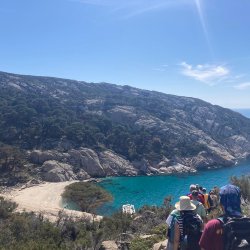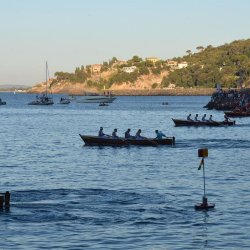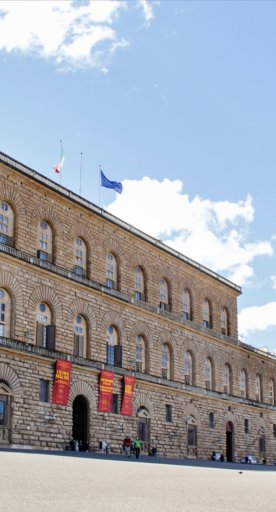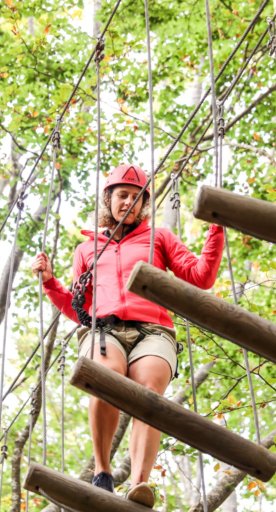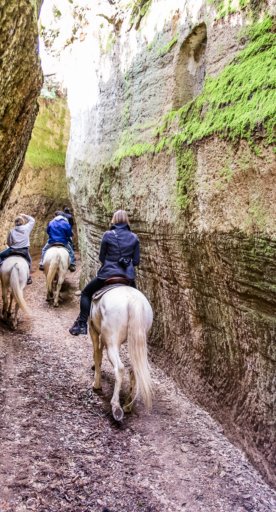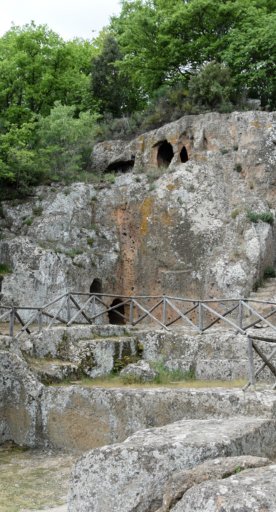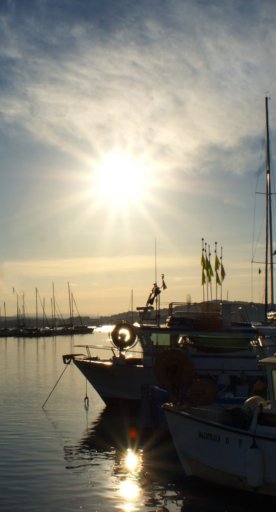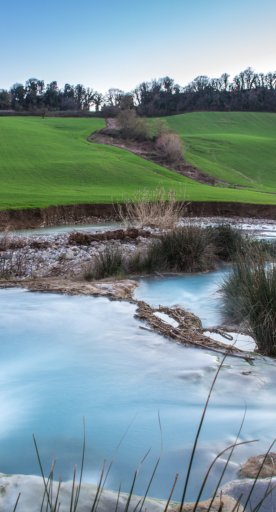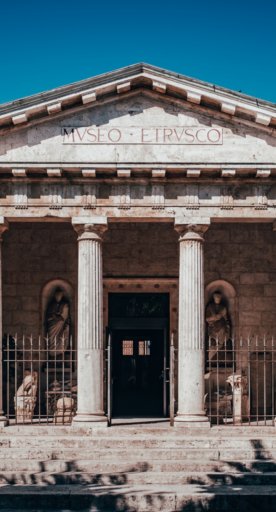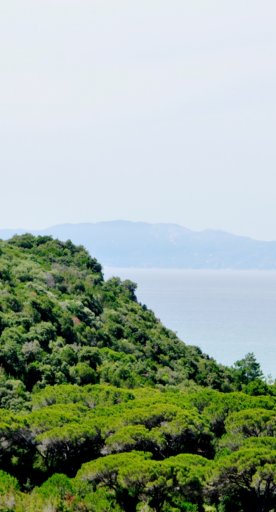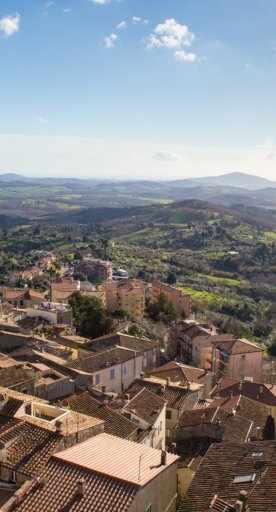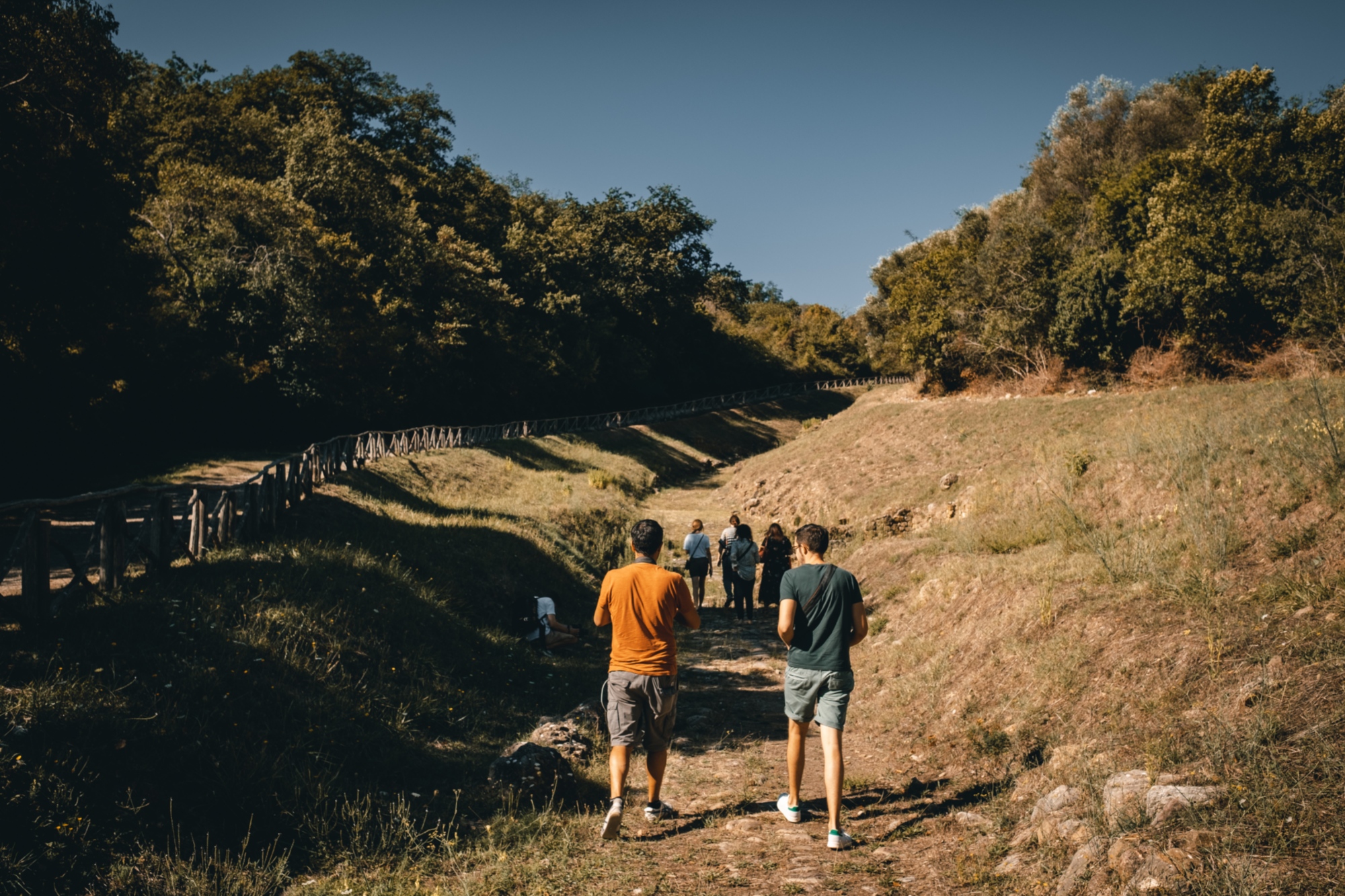

Towers in the Maremma Nature Park
Enjoy the amazing signs of the past along the sea in Maremma
The Maremma Regional Park, an earthly paradise that stretches for 25 km along the southern coast of Tuscany, is an ideal place in the summer thanks to its crystal-clear sea and is perfect for walking and hiking all year round because the central and southern part of the park is home to the Uccellina mountains, covered in Mediterranean scrub. The rest of the territory is covered by the Trappola swamp, fields, dunes and pine forests.
In addition to the beauty of nature, there are also important and interesting traces of the past, which add to the charm of the place, like the historic defensive towers. Between the 15th and 18th centuries, the area was subject to repeated attacks by pirates who swarmed the Mediterranean Sea at the time. The most effective defensive principle, used since Roman times, was to have towers. The ones you see today were built by Cosimo I de’Medici, who sent his military engineers to the area. The towers were generally 10 to 15 metres high, with a square base and a door facing the ground to afford greater protection. Are you ready to discover them?
-
1.Torre della Trappola
-
2.Torre di Castelmarino
-
3.Torre di Collelungo
-
4.Torre dell’Uccellina
-
5.Torre di Cala di Forno
-
6.Torre di Bella Marsilia
-
7.Torre di Poggio Raso
-
8.Torre Bassa
-
9.Torre delle Cannelle
-
10.Torre di Capo d’Uomo
-
11.Torre di Mulinaccio
-
12.Torre di Talamonaccio
Torre della Trappola
Near the mouth of the Ombrone river, this tower was built in the Middle Ages to defend a river port. It was part of a complex that also included salt mines, a few buildings (warehouses and customs houses) and a small church. The complex remained intact until the second half of the 18th century, when salt production ended and some of the buildings were demolished.
Torre di Castelmarino

Built in the Middle Ages, the tower is located on a hill from where you can enjoy a beautiful view of the coast. The tower's importance declined in the 16th century, when the nearby Torre di Collelungo was erected. The tower’s slow and relentless decay was only recently stopped thanks to a restoration project.
Torre di Collelungo
Struck by lightning in 1847, which destroyed the upper floors, the tower is now perfectly restored: a square building, on three levels, with a characteristic set of stairs on the outside walls.
Torre dell’Uccellina

Built in the 14th century, the tower is part of a religious complex that includes the nearby Monastery of Santa Maria Alborense, or Abbey of San Rabano, a charming building though today roofless. The complex was abandoned in the 16th century, but recent restoration works have allowed for it to be well-preserved.
Torre di Cala di Forno

It was rebuilt by the Medici in the second half of the 16th century, probably in the same place as a pre-existing medieval building. From the top, it was possible to communicate with the Torre dell'Uccellina, sending messages in case of danger. It shows signs of decay today.
Torre di Bella Marsilia
The name of this tower comes from a legend, possibly an event that actually happened in 1543: during an unexpected pirate raid, the Saracen Barbarossa kidnapped the young and beautiful Margherita Marsili, called the "Beautiful Marsilia”.
Torre di Poggio Raso

Unfortunately, there are no longer any traces of the original square tower, which was demolished in recent times and rebuilt in a circular shape.
Torre Bassa
The tower is located in an area covered in Mediterranean scrub, where there are ruins of other buildings that probably made up the Collecchio Castle, no longer standing, and of which the tower was a part.
Torre delle Cannelle

Built during the 15th century, the tower was a military defense structure and watch post sighting until the late 19th century. It’s the only tower with a hexagonal base on the Tuscan coast; the mighty structure is three levels high and surrounded almost entirely by a small fortress (a strengthening measure by Spaniards in the second half of the 16th century).
Torre di Capo d’Uomo

Built in the Middle Ages to protect the Bay of Talamone, the tower was abandoned in the 19th century and rapidly decayed. Its deterioration was also due to its position, where it’s heavily exposed to the winds (though very scenic!). Its ruins are clearly visible from the coastal road.
Torre di Mulinaccio

Placed high up on a hill, halfway between Talomone and the Torre di Capo d'Uomo, only the circular base of the tower now remains. The building was not actually part of the defence system, but was used as a mill instead.
Torre di Talamonaccio

Located outside the park, the tower was nonetheless an integral part of the defensive system along the Bay of Talamone. Inside the building, you can still see the kitchen, rooms, bathrooms, armoury and, at the top, the oldest part of the structure: the tower.
Info: parcomaremma.en
This article was written by Leila Firusbakht

